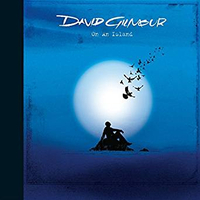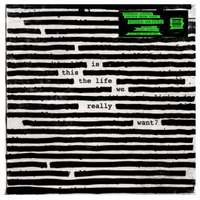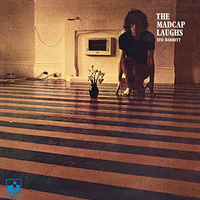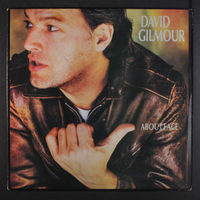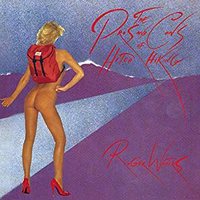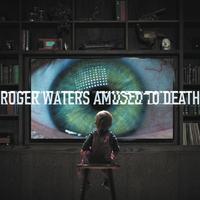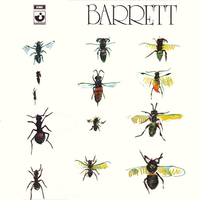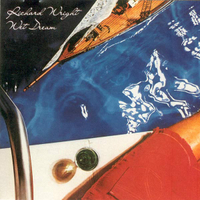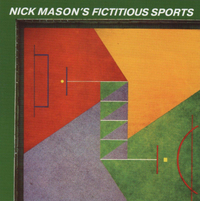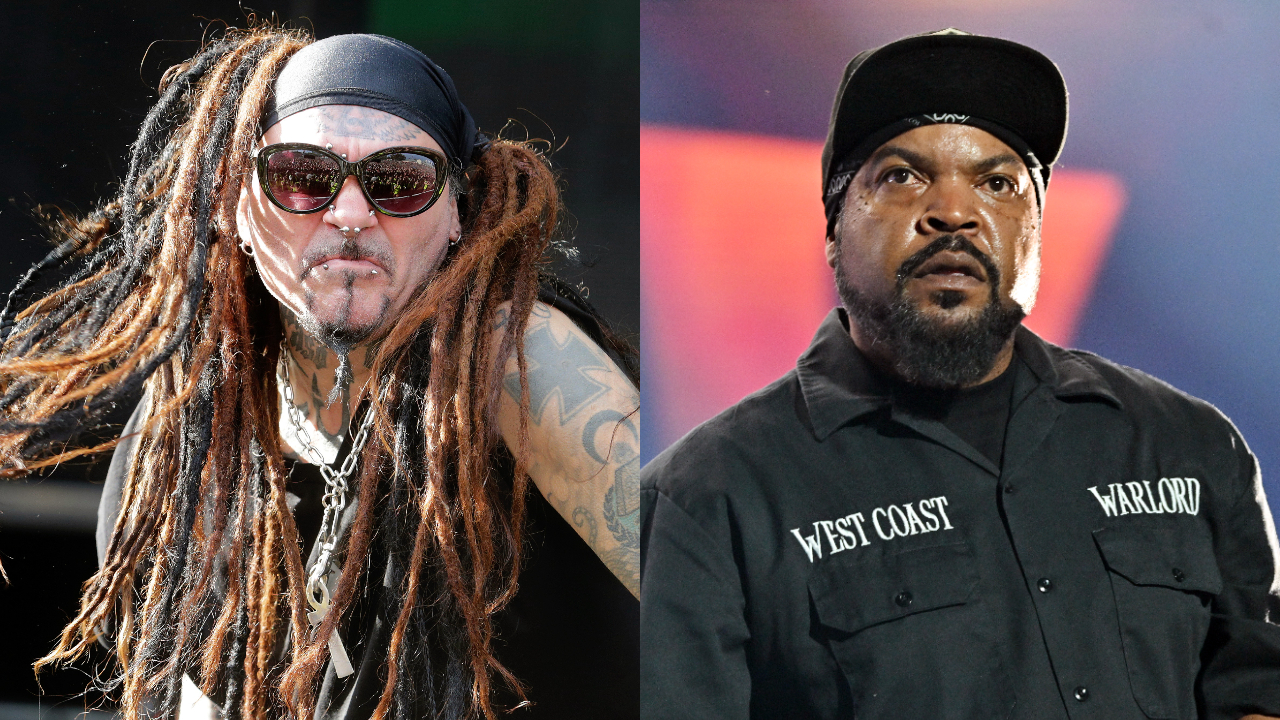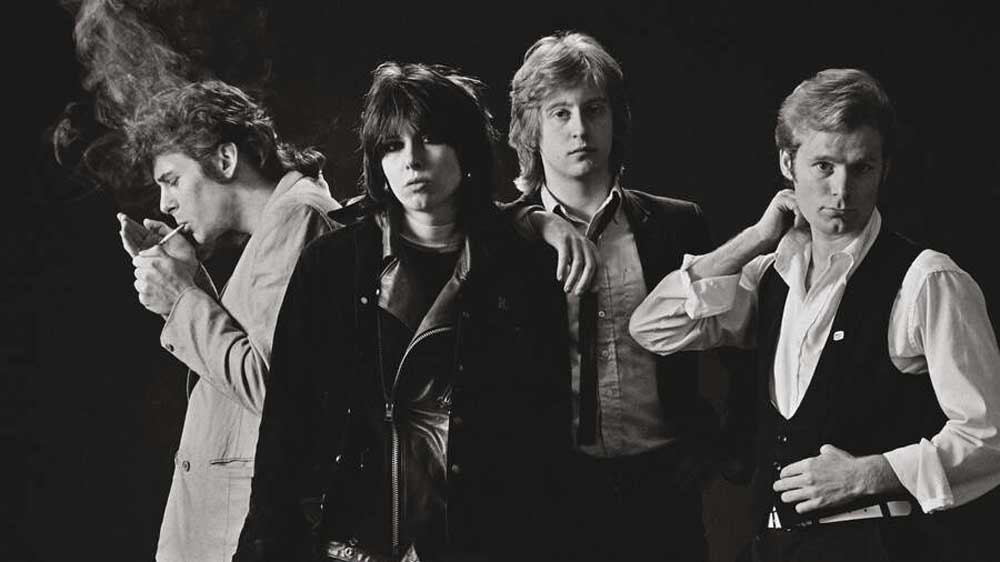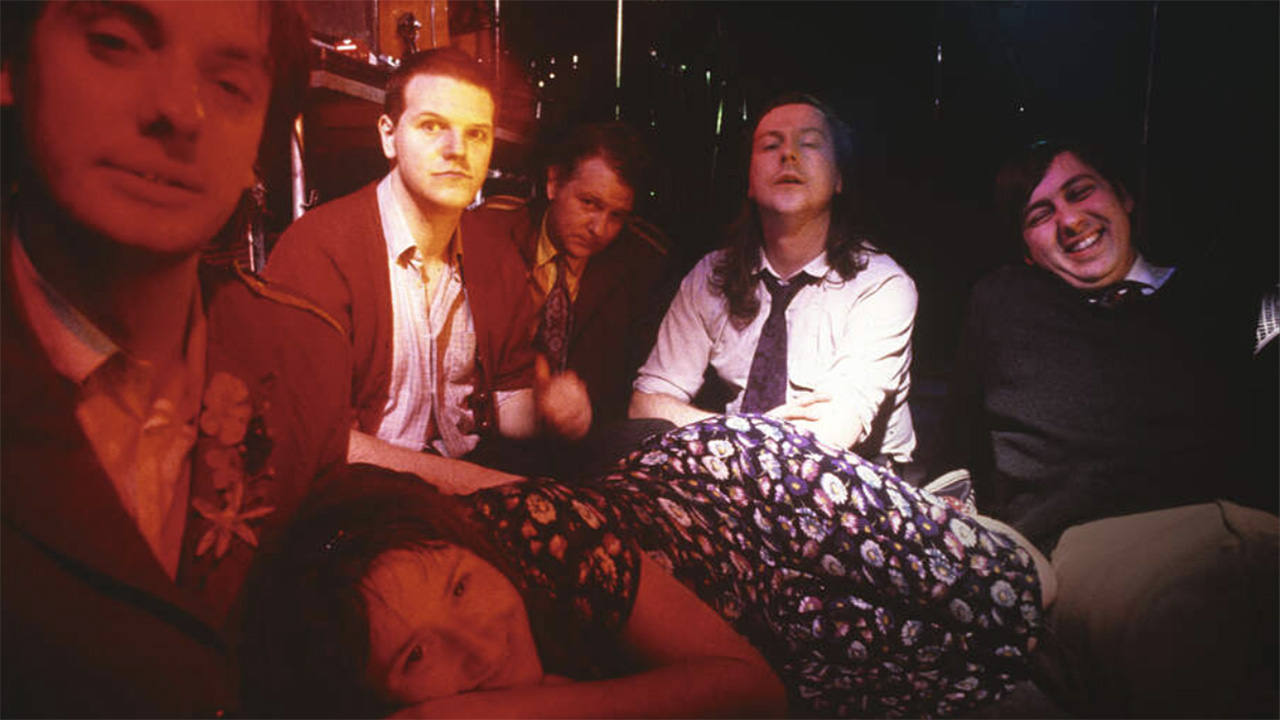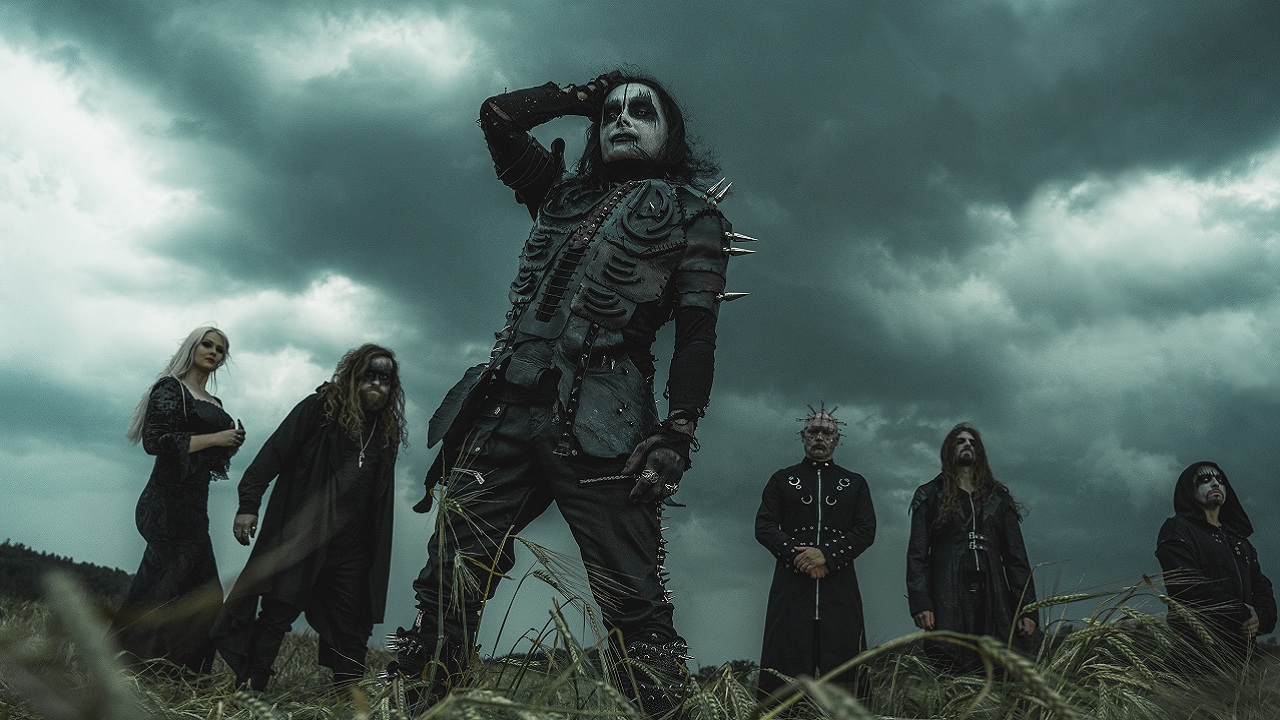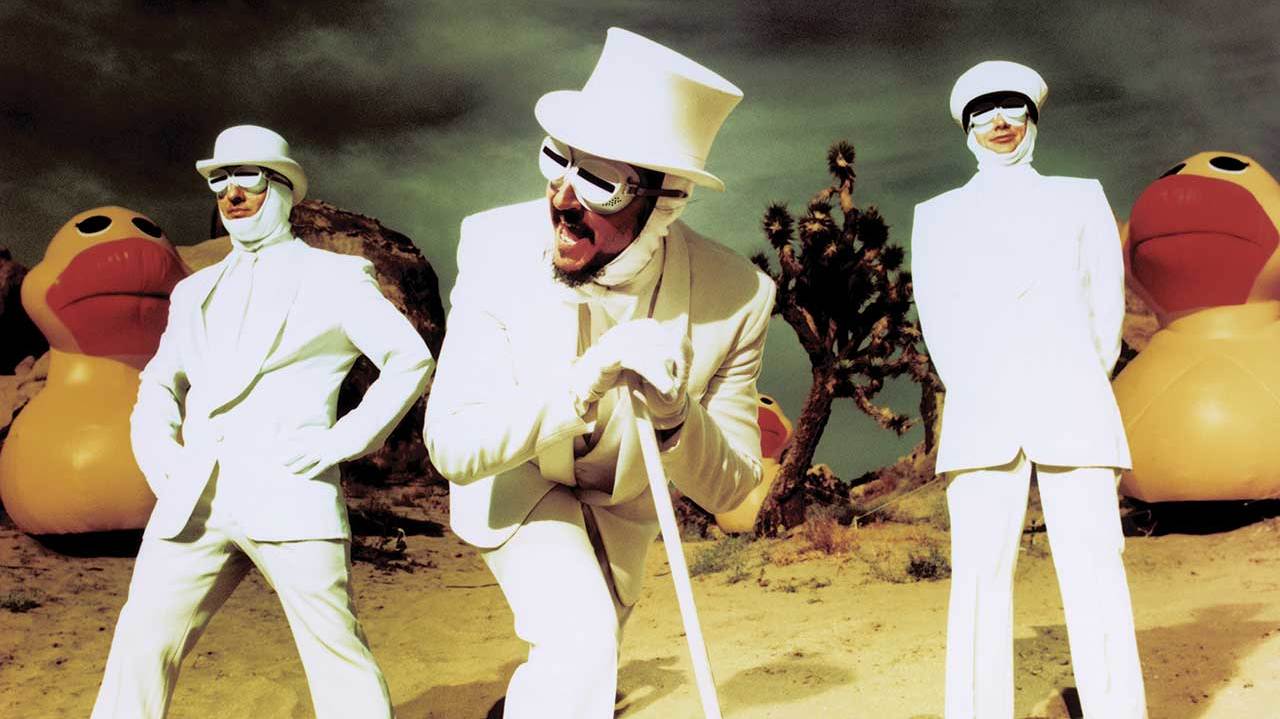Few bands have produced two visionary musicians. Virtually none have given the world three. Pink Floyd are a rare exception. Between them, Syd Barrett, David Gilmour and Roger Waters have created some of the most iconic music of the past 50 years.
They may have grown up together in Cambridge, but the trio were always radically different personalities. Barrett was Floyd’s original beating heart: one part English eccentric, one part acid-kissed space cadet. When he left the band in 1969 after one bad trip too many, he embarked on a brief solo career that swung between fragile genius and heartbreaking instability.
If Waters and Gilmour were very different to their former frontman, they were the polar opposites of each other. Where Waters was the architect, Gilmour was the artist. The bassist favoured a strident, dictatorial approach, one that saw him taking charge of the concepts at the heart of every Floyd album from The Dark Side Of The Moon onwards. The guitarist was more reserved, though no less stubborn, and was the one who gave the band’s music the wings it needed. Barrett’s departure set off a battle between the pair for Pink Floyd’s soul – one that would continue long after Waters quit.
Post-split, Waters, the great conceptualist, ramped up the drama and the rage. Gilmour, meanwhile, doubled down on the stellar musicianship that helped turn Floyd from velvet-panted hippies into progressive rock giants.
Gilmour’s decision to reactivate Floyd for 1987’s A Momentary Lapse Of Reason and 1994’s The Division Bell only fuelled Waters’ ire. The band’s reunion at Live 8 in 2005 seemed to be a rapprochement of sorts, although Gilmour refused to sign up to a full-blown comeback. Keyboard player Rick Wright’s death in 2008 put an end to Floyd’s career, although Gilmour and drummer Nick Mason (now touring his new project Nick Mason’s Saucerful Of Secrets) only officially called time after 2015’s The Endless River.
Barrett died in 2006, but the remaining members are still active. The relationship between Gilmour and Waters is now defined largely by animosity rather than musical brotherhood, and when Waters rerecorded The Dark Side Of The Moon in 2023, he was at pains to belittle Gilmour's original contributions. The guitarist, meanwhile, has a new one on the way. And while neither have truly replicated what they achieved in Pink Floyd, their solo albums still stand as part of that band’s huge legacy.

...and one to avoid
You can trust Louder Our experienced team has worked for some of the biggest brands in music. From testing headphones to reviewing albums, our experts aim to create reviews you can trust. Find out more about how we review.

